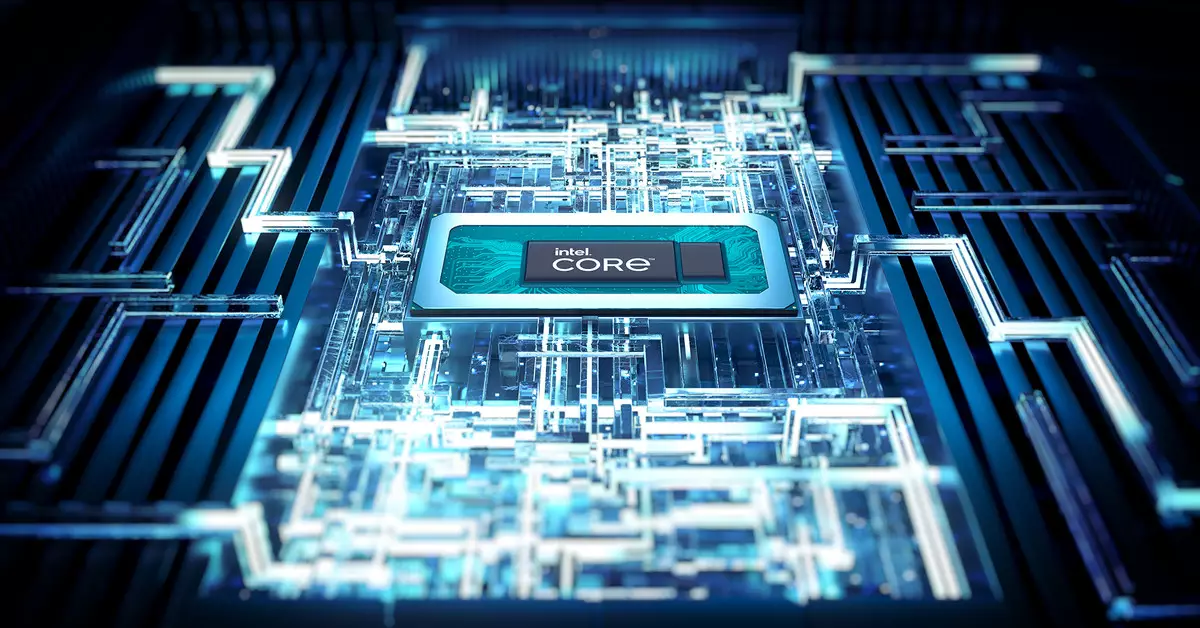After months of speculation and concern regarding the stability of Intel’s laptop chips, the company has finally confirmed that its 13th and 14th Gen laptop chips do not appear to have any instability issues. This revelation comes after intense scrutiny following reports of potential permanent damage to desktop chips.
Intel’s spokesperson, Thomas Hannaford, has stated that the laptop chips are not affected by what Intel now refers to as “Vmin Shift Instability.” While the company continues to investigate the root causes of crashes, it has assured consumers that the laptop chips are not broadly impacted by this issue. This news should come as a relief to those who rely on Intel’s laptop chips for their computing needs.
In addition to confirming the stability of its laptop chips, Intel has also provided a list of products that are not affected by the Vmin Shift Instability issue. This list includes the following:
– 12th Gen Intel Core desktop and mobile processors
– Intel Core 13th and 14th Gen i5 (non-K) & i3 desktop processors
– Intel Core 13th and 14th Gen mobile processors, including HX-series processors
– Intel Xeon processors, including server and workstation processors
– Intel Core Ultra (Series 1) processors
This comprehensive list should help reassure users of these products that they do not need to worry about potential instability issues affecting their devices.
While most Intel Core 13th and 14th Gen desktop processors are not impacted by the Vmin Shift Instability issue, Intel recommends that all users ensure their systems are running with the latest BIOS updates. This can be done by checking Intel’s Compatibility Tool or visiting their motherboard manufacturer’s website. By following Intel’s guidance on utilizing default settings for their desktop processors, users can further safeguard their devices against potential issues.
Looking ahead, Intel has assured consumers that its future chips, including those on the Arrow Lake and Lunar Lake architectures, will be protected against the Vmin Shift Instability issue. This commitment to addressing and preventing potential stability issues in upcoming products is a positive step forward for the company and its customers.
While the concerns surrounding Intel’s laptop and desktop chips’ stability may have been cause for alarm in recent months, the latest updates from the company should provide reassurance to users. By staying informed about BIOS updates and following Intel’s recommendations, consumers can help maintain the stability and performance of their devices. Intel’s ongoing commitment to addressing and preventing potential stability issues in its products bodes well for the company’s reputation and the trust of its customers.


Leave a Reply
You must be logged in to post a comment.